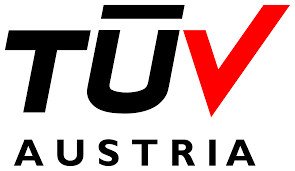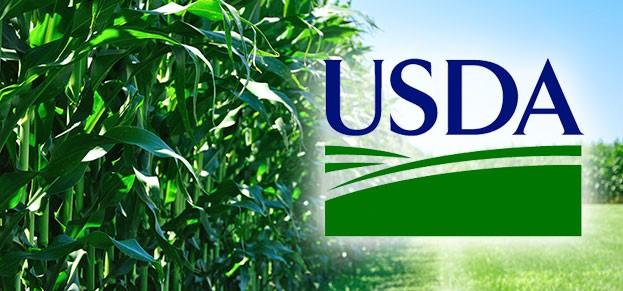
KNA COOPERATED WITH TUV AUSTRIA HELLAS ON AUDITING FSC STANDARDS IN VIETNAM
After time of exchanging and discussing, KNA CERT has successfully signed a cooperation agreement with TUV Austria on FSC/CoC certification services. Accordingl...
Organic method is produced in the form of organic agriculture and certified organic to ensure purity from nature, safe and environmentally friendly method of use, without using chemicals, antibiotics, toxic plant protection substances, growth stimulants.

What is organic standard?
Organic agricultural producers must ensure that:
Organic production standards:
- Production of organic crops:
+ Tillage and farming: Farmers must maintain and enhance soil fertility, improve soil stability and biodiversity; moreover, they should take measures to prevent soil compactness and erosion.
+ Increase in intercropping of crops, use beans and green manure, composted cattle and animal dung as fertilizers.
+ Use organic preparations allowed.
+ Use soil which was certified and suitalble for regulations, not allowed to use Nitrogen fertilizers.
+ Minimize environmental pollution.
+ Manipulate natural enemy methods to kill pests and weeds such as crop varieties, crop rotation, farming techniques, heat process.
+ Propagate organic seeds.
+ Clean and disinfect plant protection products during production which must be on the licensed list.
- Production of organic breeding:
+ Livestock: Must be born and raised on organic farms, non-organic animals and animal products can be considered to be organic after a conversion period of regulations.
+ Breeding and farm facilities: farmers must have basic knowledge about animals' health and safety; farm facilities must ensure the development and physiological needs of livestock, the number of livestocks are limited to avoid their impact on soil; moreover, they must always be exposed to open spaces such as grasslands, organic livestocks must be separated from other animals, unless there is a convincing reason, farmers are not allowed to separate livestocks; farmers also have to minimize their pains throughout life cycle, even at slaughter.
+ Reproduction: Natural reproductive methods are encouraged to use, hormones or similar substances are strictly forbidden, artificial forms of reproduction must not be used.
+ Feed: mainly at farms or organic food in region, organic food, non-organic food derived from plants, animals, minerals, additives, nutrition-rich products are only used if they are on the allowed list, growth stimulants and synthetic amino acids are strictly prohibited.
+ Disease prevention and veterinary treatment: disease prevention is monitored and based on breeds, husbandry management practices, quality food and exercise exercises, appropriate stocking density, adequate farm facilities, good hygiene; infected livestocks must be treated immediately, immune veterinary drugs can be used.
+ Sanitation and disinfection: products used for hygiene and disinfection must be on the allowed list and farmers must regularly clean farms, bath livestocks.
Organic Certificates and Labelling:
Currently, there are many organic certificates in the world such as international organic standards, European organic standards, American organic standards, Australian organic standards, Vietnamese organic standards, ....
+ organic cosmetics: This certified cosmetics must contain at least 95% ingredients made from organic materials.
+ natural cosmetics with organic portion: This certified cosmetics must contain at least 95% of ingredients made from organic materials.
+ natural cosmetics: 100% of natural ingredients, it is not necessary to contain materials which are certified organic.
+ Fee for organic certification:
Depending on scales and reality of bodies which need to certify Organic. + This relies on the area of certification, soil conditions, types of breeding and cultivation and farming methods.
If you are researching in ORGANIC, the following set of documents is necessary for you to apply to businesses. KNA sends to you: Here.
